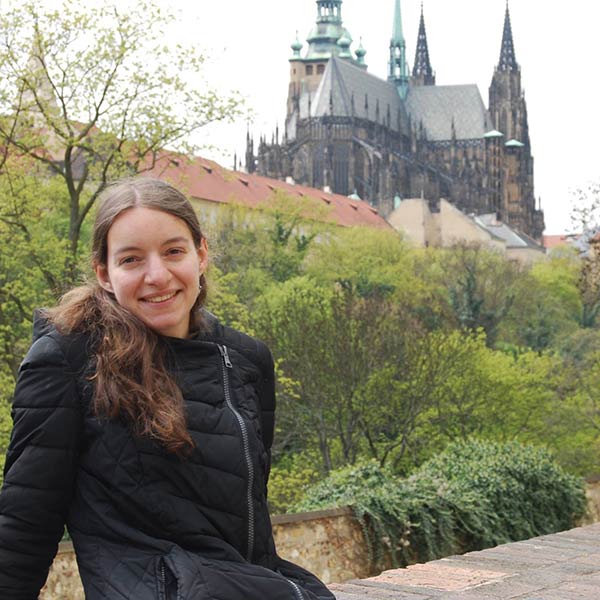My name is Anastasia Stylianou and I am a Leverhulme Early Career Fellow researching at UEA in the school of History. I started my fellowship with the Leverhulme Trust in April 2020.
Research interests:
The research I will be undertaking at UEA will explore transnational Anglo-Hellenic networks during England’s Long Reformations (c.1520-1660). It will chart new territory by exploring English perceptions of and contacts with Greek peoples during this critical period, focusing particularly upon the two-way influence between Greek Christianity and the English Reformations, and the fruits of social, economic and political interactions during the beginnings of English economic and cultural expansion. I hope that it will challenge both simplistic stereotypes of a Christian West and Islamic East and artificial scholarly boundaries between the Western Reformations and Eastern Christianity, thereby extending and nuancing scholarly conceptions of early modern global worldviews. My aim is that, by recasting models of religious denominalisation’s transcultural impact, this project will suggest new directions for Reformation Studies and provide fresh insights into early modern ethno-cultural identities, migration and minorities.
I am currently the Principal Investigator and lead author for Victoria County History’s one-year project on the parish of Cradley (Herefordshire). This microhistory investigates the impact of national events on a rural community over 1,500 years.
My doctoral thesis analysed constructions of martyrs’ blood in English writings, c. 1520-1625, thereby offering a distinctive, new lens onto the progressive confessionalisation of world views. I am developing my thesis for publication as a monograph, entitled Belief in Blood: Constructions of Martyrdom in Reformation England.
What appealed to you about your fellowship?
During my PhD studies, I came across materials which sparked the research questions underpinning my Leverhulme project. I had been hoping ever since to have the opportunity to undertake the project at some point soon. A Leverhulme Fellowship provides this fantastic opportunity, due to the freedom it provides to propose an ambitious and new research project, its generous research funding, the opportunity to select the university and department at which you would like to undertake the project, and the guidance of an experienced mentor in your research area. The University of East Anglia is the perfect place to conduct my research. Its history department has one of Britain’s largest, most varied concentrations of early modernists, with especial strength in religious history. There are vibrant research cultures on early modernity, transnationalism, transculturality, and migration. I feel very lucky to have been offered a Leverhulme at UEA and am excited to begin my Fellowship in April 2020.
Research career path
- 2012: BA Hons in History (University of Oxford)
- 2013: PGCE in History (University of Oxford)
- 2018: PhD in History from University of Warwick
- 2019-2020: Principal Investigator & Lead Author for Victoria County History’s volume on the parish of Cradley (Herefordshire)
- 2020-2023: Leverhulme Early Career Fellow (University of East Anglia)

)
